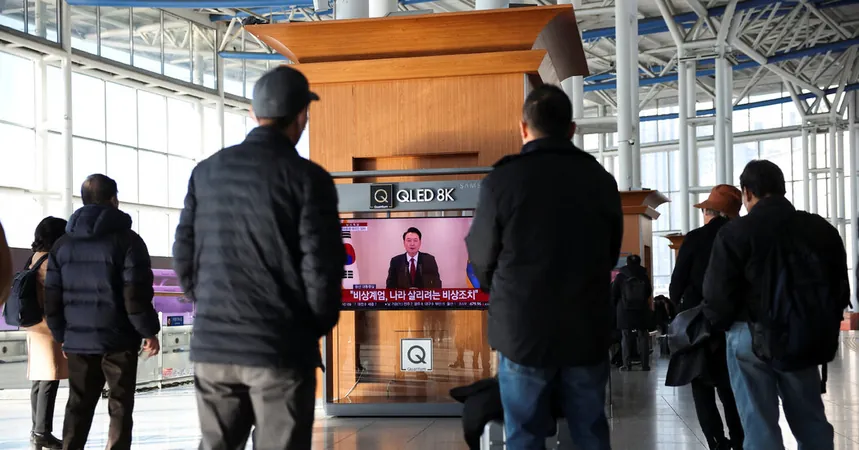
South Korea's President Yoon Faces Backlash After Martial Law Decree
2024-12-12
Author: Ting
Overview
In an unexpected and fiercely defiant speech on Thursday, President Yoon Suk Yeol of South Korea rejected calls for his resignation amid a tumultuous political landscape following his controversial declaration of martial law on December 3. His decision, which saw troops deployed to the National Assembly, has sparked unprecedented protests and calls for impeachment from the opposition and even dissent within his own party.
Speech and Reaction
Facing intense criticism and overwhelming public disapproval, Mr. Yoon initially appeared remorseful in last week's televised address, apologizing for his martial law decision and suggesting he would defer to his party regarding his continued leadership. However, in a radical shift, he characterized his earlier actions as necessary to combat what he described as "anti-state" forces within the opposition, asserting that he was committed to “saving the country” from legislative paralysis.
"I will proudly confront it, whether it’s impeachment or investigation," Mr. Yoon proclaimed defiantly, vowing to fight any efforts to remove him from office. This bold stance may signal his determination to resist mounting pressure from the public, who have largely expressed disapproval of his martial law measures in recent opinion polls.
Protests and Public Sentiment
Following the speech, protests erupted outside his residence in central Seoul, with demonstrators calling for his arrest, underscoring the deep divisions within the nation. Analysts suggest his speech serves not only as a defense against potential impeachment but also as a rallying cry to rekindle the support of his right-wing base.
Political experts like Ahn Byong-jin from Kyung Hee University noted that Mr. Yoon is perceived as a "blind swordsman," determined to declare his bold initiatives in the face of public backlash. "He intends to galvanize public opinion ahead of any Constitutional Court rulings," asserted Ahn.
Political Polarization
The current crisis has intensified South Korea's political polarization. On one side, massive crowds have demanded Yoon's removal, especially as opposition parties rallied last Saturday during a legislative session intended to vote on impeachment. Conversely, pockets of older citizens in downtown Seoul expressed unwavering support for Mr. Yoon, exemplifying the stark divisions among the electorate.
Legal Defense and Party Dynamics
In a legal defense line intended for the upcoming Constitutional Court battle, Mr. Yoon insisted that his actions were constitutional and bereft of insurrection, despite the opposition's counterclaims. His comments were sharply criticized within his own party, which is split on how to address his leadership crisis.
The People Power Party, while previously attempting to shield Mr. Yoon from impeachment proceedings, now faces internal strife as factions within call for a shift in leadership. Notably, six lawmakers from his party have indicated they would support impeachment efforts. Opposition parties need just three more defectors to successfully move forward with their impeachment bill.
International Scrutiny and Allegations
In the wake of his declaration of martial law, international scrutiny has intensified. For instance, Yoon faces serious allegations, including possible insurrection, a grave charge that carries severe penalties under South Korean law. Amid ongoing investigations, he is currently confined to the country until the situation clarifies.
One of the most alarming aspects of this unfolding saga lies in the allegations that troops were sent to intimidate lawmakers, blocking them from voting against martial law. Lt. Gen. Kwak Jong-geun revealed in a hearing that he received orders directly from Yoon, instructing him to forcefully remove dissenting lawmakers, which led to chaos.
Historical Context and Future Implications
The tumultuous events echo past political traumas in South Korea, most notably the impeachment of former President Park Geun-hye. Analysts emphasize that the current situation is of a more severe nature compared to the corruption charges against Park. "The integration of internal party dynamics will determine the speed and outcome of any impeachment process," suggested political scientist Sung Deuk Hahm.
As the situation continues to evolve, South Korea stands on the brink of potential changes in leadership and governance, leaving citizens and political observers alike on edge about the country's future. One thing is certain: Yoon’s martial law decision has not only ignited protests but has triggered a political firestorm that could reshape South Korean democracy.


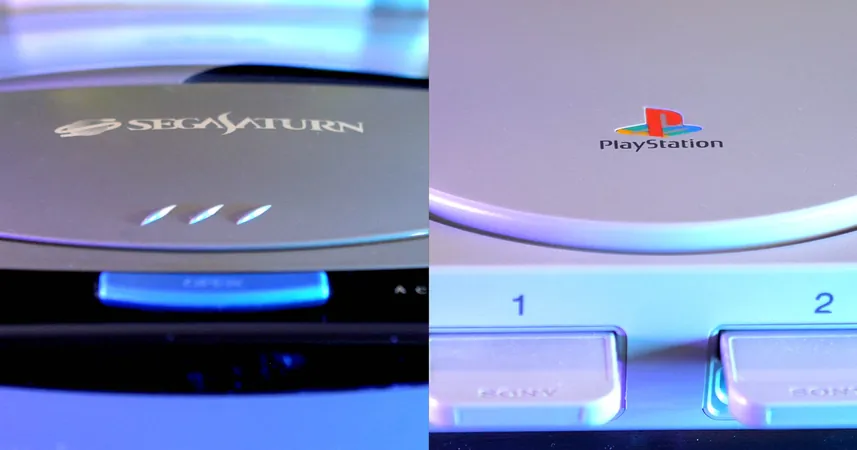
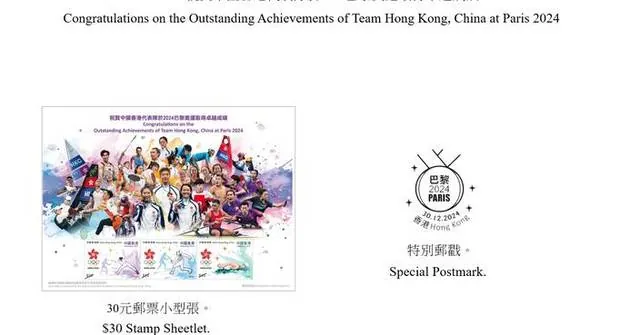
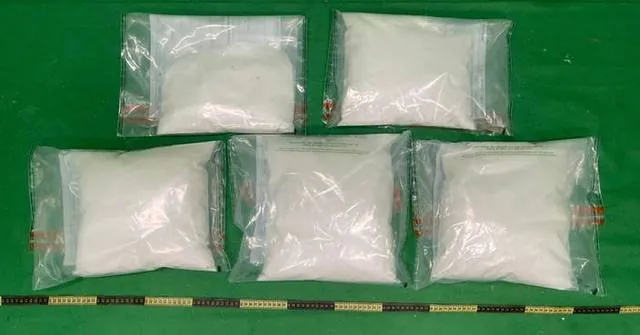
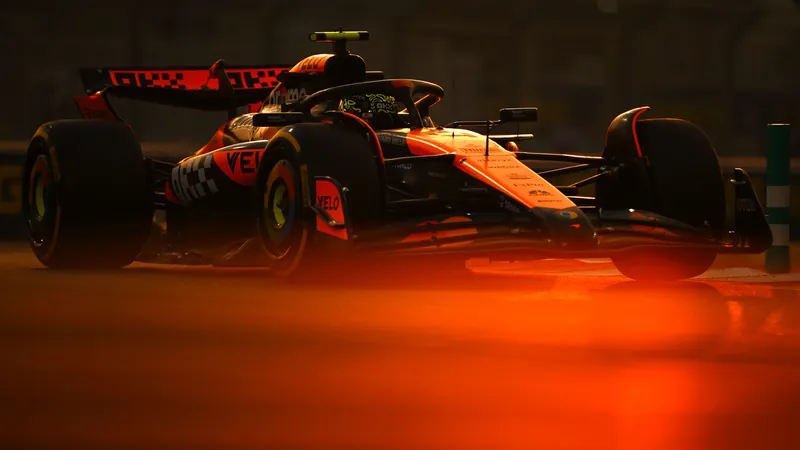

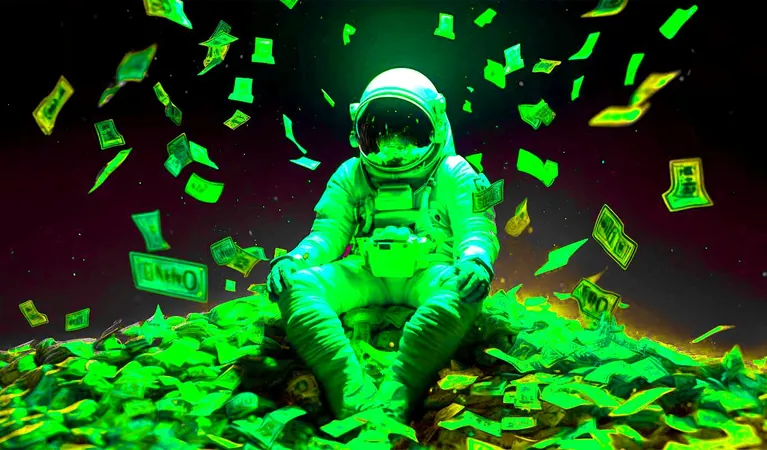
 Brasil (PT)
Brasil (PT)
 Canada (EN)
Canada (EN)
 Chile (ES)
Chile (ES)
 España (ES)
España (ES)
 France (FR)
France (FR)
 Hong Kong (EN)
Hong Kong (EN)
 Italia (IT)
Italia (IT)
 日本 (JA)
日本 (JA)
 Magyarország (HU)
Magyarország (HU)
 Norge (NO)
Norge (NO)
 Polska (PL)
Polska (PL)
 Schweiz (DE)
Schweiz (DE)
 Singapore (EN)
Singapore (EN)
 Sverige (SV)
Sverige (SV)
 Suomi (FI)
Suomi (FI)
 Türkiye (TR)
Türkiye (TR)